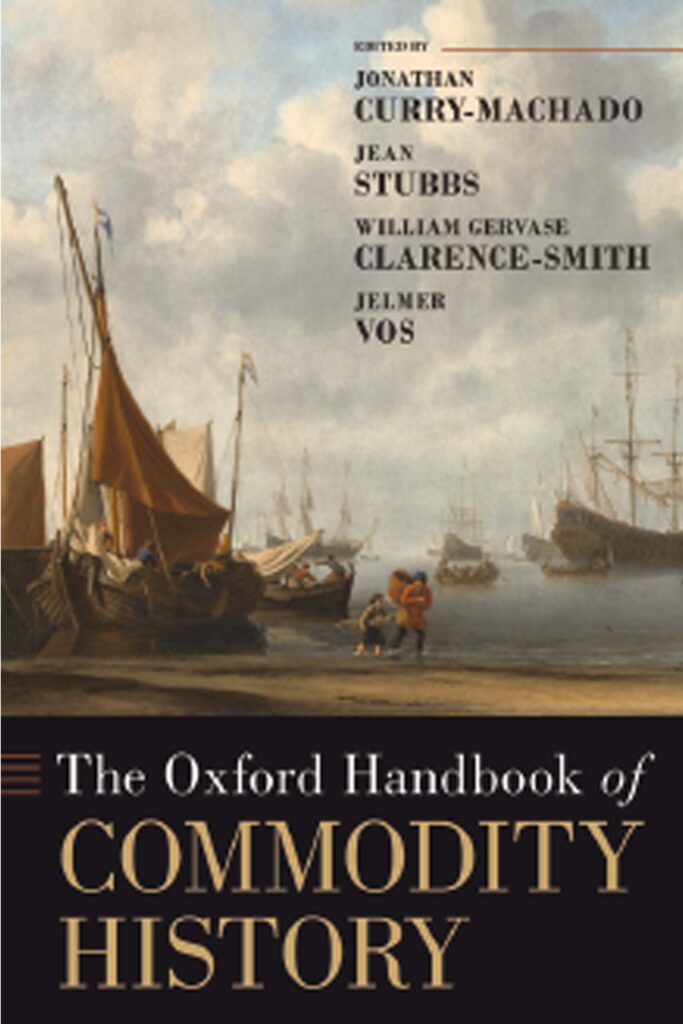International Workshop, London, 9-10 December 2016
The transformation of the global countryside has been one of the key processes in the emergence and consolidation of global capitalism over the past 500 years. Providing raw and intermediate materials to satisfy the voracious appetite of machines and city dwellers, the flatlands, valleys, forests, marine spaces, and mountains of the world have been transformed at astonishing and accelerating speed. This process of appropriation of the world’s ecological surpluses has come to be understood as that of shifting ‘commodity frontiers’.
This two-day workshop was designed to explore the dynamics of frontier processes and how they relate to social, economic and ecological change in their zones of contact, with a view to developing a comparative approach to understanding the dynamics both of commodity frontiers and the historical trajectories within their frontier zones, as well as assessing new visualisation methodologies in achieving this.
The workshop was a collaboration between the Commodities of Empire British Academy Research Project, through its host Institute of Latin American Studies, part of the School of Advanced Study, University of London (ILAS-SAS) and the Institute of the Americas, University College London (IA-UCL), and the international ‘Commodity Frontiers’ research initiative, organised through the International Institute of Social History (Amsterdam), the University of Ghent, and Harvard University.











